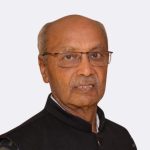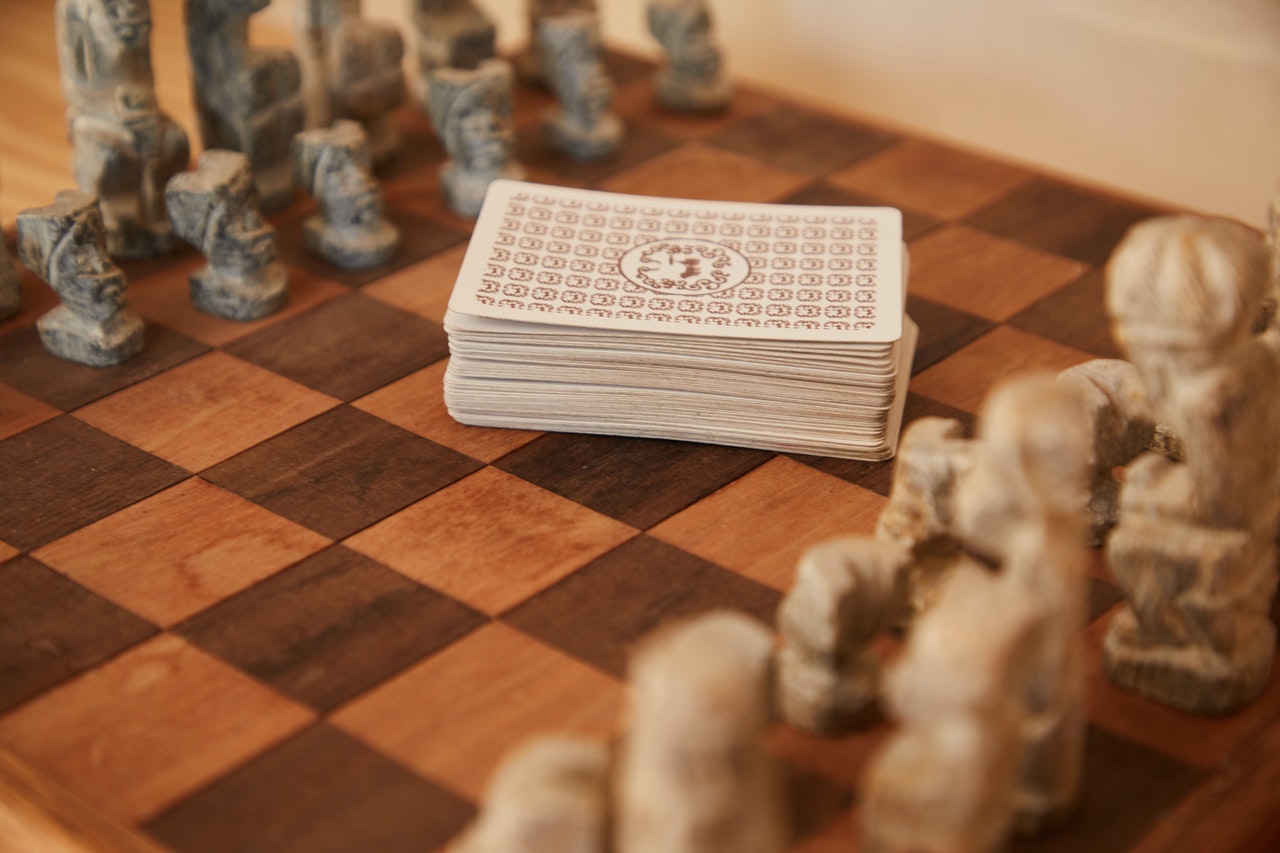One of the most striking features of modern life is the steady increase in longevity. People today are living much longer than previous generations. Yet, paradoxically, the number of those suffering from chronic ailments, both physical and mental, has risen alarmingly.
If we glance back just a few decades, in an average family, when someone passed away after the age of 65, people would say — “he lived a full life.” That was considered a satisfactory lifespan. But today, it is common to see people well into their 70s and 80s, many of them active and mobile — provided they’ve been fortunate enough to avoid serious diseases.
To put this in perspective, the official life expectancy in India in the 1980s was around 54-55 years. By the year 2000, it had risen to about 63 years, and today it stands close to 71 years, with many individuals comfortably surpassing that. Globally, life expectancy has also climbed, thanks to medical advancements, better health awareness, and improved living conditions.
However, this gift of extended life brings with it an important question — are we adding healthy years to life, or just more years of sickness and dependence? Sadly, for many, it is the latter.
It is not uncommon to find young individuals today grappling with ailments like diabetes, hypertension, obesity, and anxiety. What was once termed as “lifestyle diseases” among the middle-aged has now become prevalent even among people in their 20s and 30s. Our fast-paced lives, poor dietary habits, lack of physical exercise, polluted environments, and relentless mental stress have all taken a heavy toll on health.
Recently, I had the privilege of interacting with two revered saints. Both emphasized a profound yet simple wisdom drawn from our ancient scriptures: “Man should aspire to live a full life of 100 years — but only through a life of discipline, balance, and self-awareness.” The idea is not just to live long but to live well and purposefully.
For those already in their senior years, the path to a perfectly disciplined life might seem a bit late to traverse fully. Yet, it is never too late to adopt healthier habits, stay active mentally and physically, and cultivate joy and contentment in daily living. Small changes can still yield significant improvements in quality of life.
But for the younger generation, the message is even more crucial. The time to lay the foundation for a healthy, vibrant, and fulfilling old age is now. Health, like wealth, compounds over time — good habits adopted early can pay rich dividends later. We should adopt a disciplined lifestyle at home and introduce its education in schools from an early age. Only then can the seeds of good health be sown in childhood itself. A healthy individual is not just a blessing for oneself but also for the family, society, and the nation. A healthy body nurtures healthy thoughts and energy, which form the foundation of a progressive society. Therefore, health should not be seen as a personal responsibility alone but embraced as a social duty.
Longevity, after all, is a blessing. But longevity paired with vitality and well-being is the real goal.
A Personal Reflection
As I reflect on these truths, especially having crossed the threshold of what was once considered old age, I find myself valuing health more than ever. I realise that while we may not control how long we live, we certainly influence how well we live. Observing friends, peers, and family — some thriving in their 80s while others struggle in their 60s — makes this contrast even starker.
This is my gentle reminder to myself and to all who read this: let us not wait for illness to wake us up to health. Whether we are 30 or 70, today is the best time to begin caring for our body, mind, and soul. Let us embrace habits that nourish us, relationships that uplift us, and a mindset that keeps us curious and cheerful.
Let us aspire not just for a longer life, but for a life that remains meaningful, graceful, and joyful till the very end.
Author

The author is the founder of the Never Say Retire mission. In order to achieve this goal, he also runs this website and his Facebook group Never Say Retire Forum has around 1600 members today.




